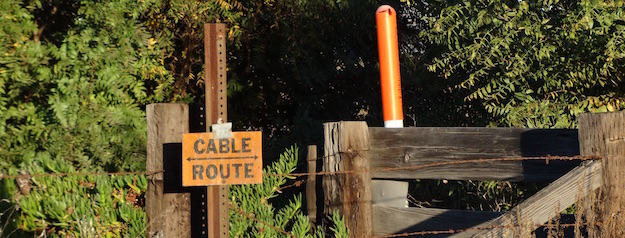Rural broadband wins a round in the battle of the Beltway swamp

I might have been wrong about Sonny Perdue. He’s the former governor of Georgia and lifelong agribusinessman that is now the Trump administration’s agriculture secretary. At the least, my critique of his background didn’t take agribusiness-as-usual into account.
The Rural Utilities Service (RUS) is part of his domain – it’s an agency within the federal agriculture department that, among other things, gives out loans and some grants to pay for broadband service upgrades and expansion in rural areas.… More

![By Apollo 12 crew (Apollo Imagery) [Public domain], via Wikimedia Commons](https://www.tellusventure.com/images/2017/8/solar_eclipse.jpg)

![By Public Domain Images [Public domain], via Wikimedia Commons](https://www.tellusventure.com/images/2018/11/race_fast_tractor.jpg)
![By Beyond My Ken (Own work) [GFDL (https://www.gnu.org/copyleft/fdl.html) or CC BY-SA 4.0-3.0-2.5-2.0-1.0 (https://creativecommons.org/licenses/by-sa/4.0-3.0-2.5-2.0-1.0)], via Wikimedia Commons](https://www.tellusventure.com/images/2017/8/homeless_with_cell_phone.jpg)




